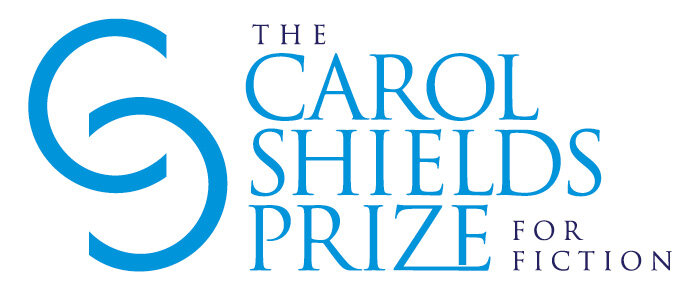Women Reading Women: Samantha Garner
Welcome to Women Reading Women — a series featuring women writers, and the women writers they love.
Samantha Garner is the author of the literary sci-fi novel THE QUIET IS LOUD, published by Invisible Publishing in 2021. Her short fiction and poetry have appeared in Broken Pencil, Sundog Lit, Kiss Machine, The Fiddlehead, Storychord, WhiskeyPaper, and The Quarantine Review. She lives and writes in the Toronto area, and can be found at samanthagarner.ca.
What is a book you would recommend to any woman writer?
I recently read Siri Hustvedt's The Blazing World, about a female artist ignored by the art world who undertakes an experiment: how will her work be received if people think it's been created by male artists instead? It’s full of feminist art-world critique (which can be extrapolated to feminist “world-in-general” critique), layers of identity, and questions about the right to creation.
What’s your top book written by a woman?
Can I cheat and answer with a series? Octavia E Butler’s Xenogenesis Trilogy left me stunned, both as a reader and a writer. I was compelled by its characters, their urgent desires for simple connection with each other, and their sometimes equally urgent desires to repel this connection. It’s a science-fiction series but it felt deeply, intensely real. If I could write something even 1% as intimate and affecting as this, my career will be a success. I wish I could ask her how she did it.
What’s the best piece of advice you’ve ever received?
It wasn’t given directly to me, but Eden Robinson once said, “If you don’t see yourself in the literary landscape, then the landscape needs you more than anyone.” As a mixed-race writer, it struck me right between the eyes.
What should every aspiring writer know or run toward?
I know it can feel difficult in those nebulous early stages of a writing career, but I want to see emerging writers embrace their craft. Too many writers think that because they haven’t hit a certain milestone, that they’re not “real writers.” But if you tell stories, if you create worlds inside your head and share them with others, you’re as much of a writer as anyone else. Explore the questions that you can’t stop thinking about, tell the stories you want to tell.
Why do you think books by women are important?
Books by women are important because seeing your experience represented in fiction is powerful, for both readers and writers. The incredible diversity of women’s stories is nowhere near being fully expressed.
Quick-fire Questions
City you were born in versus city your heart belongs to?
I was born in Toronto, but a piece of my heart is lodged firmly in Calgary. Living there for nine years gave me stability, calm, focus, a place to understand myself.
A piece of art that inspires you?
My friend Susanna Kaapu is a brilliant artist and photographer and I’m lucky to own a lot of her work, but my favourite is a painting of a forest, in Finland where she lives. I always find something new in it – a patch of light, a certain blending of colours.
Fill in the blank: ___ helps stimulate my creativity.
A walk in the forest.
Describe your writing in three words.
Reflection, identity, belonging.
What’s an assumption about you that you don’t think is true?
I think that fact that I was a debut novelist at the age of 41 surprised some people, since the typical career track for a writer seems to assume early publishing.
Name a book that you wish you wrote.
I don’t know if I necessarily wish I wrote them, but many of NK Jemisin and Robin Hobb’s books just leave me astounded at their talent and their brains.
In your opinion, who is the most underrated author?
I’m fairly active in the “bookstagram” world of Instagram, and while I support excitement for reading in all its forms, sometimes a few books take the majority of the attention – I’d like to see more interest in smaller authors, backlist titles.
What’s a book people would be surprised to see in your book collection?
Probably “Masters of Doom,” John Kushner’s book about video game company id Software and its cofounders. I have such a soft spot for early computer/gaming history. Or, I think that many people who know me aren't aware that I have an interest in tarot cards, and would probably be surprised to see "The Creative Tarot" by Jessa Crispin. It's a fantastic guidebook for using tarot cards to help with a creative project, and I relied upon it heavily when writing "The Quiet is Loud." My novel features a tarot reader as the main character so it was useful in that way, but it also helped me untangle writing questions from a new perspective. ■
Do you know a writer who would be a great feature for Women Reading Women? DM us on Instagram!

